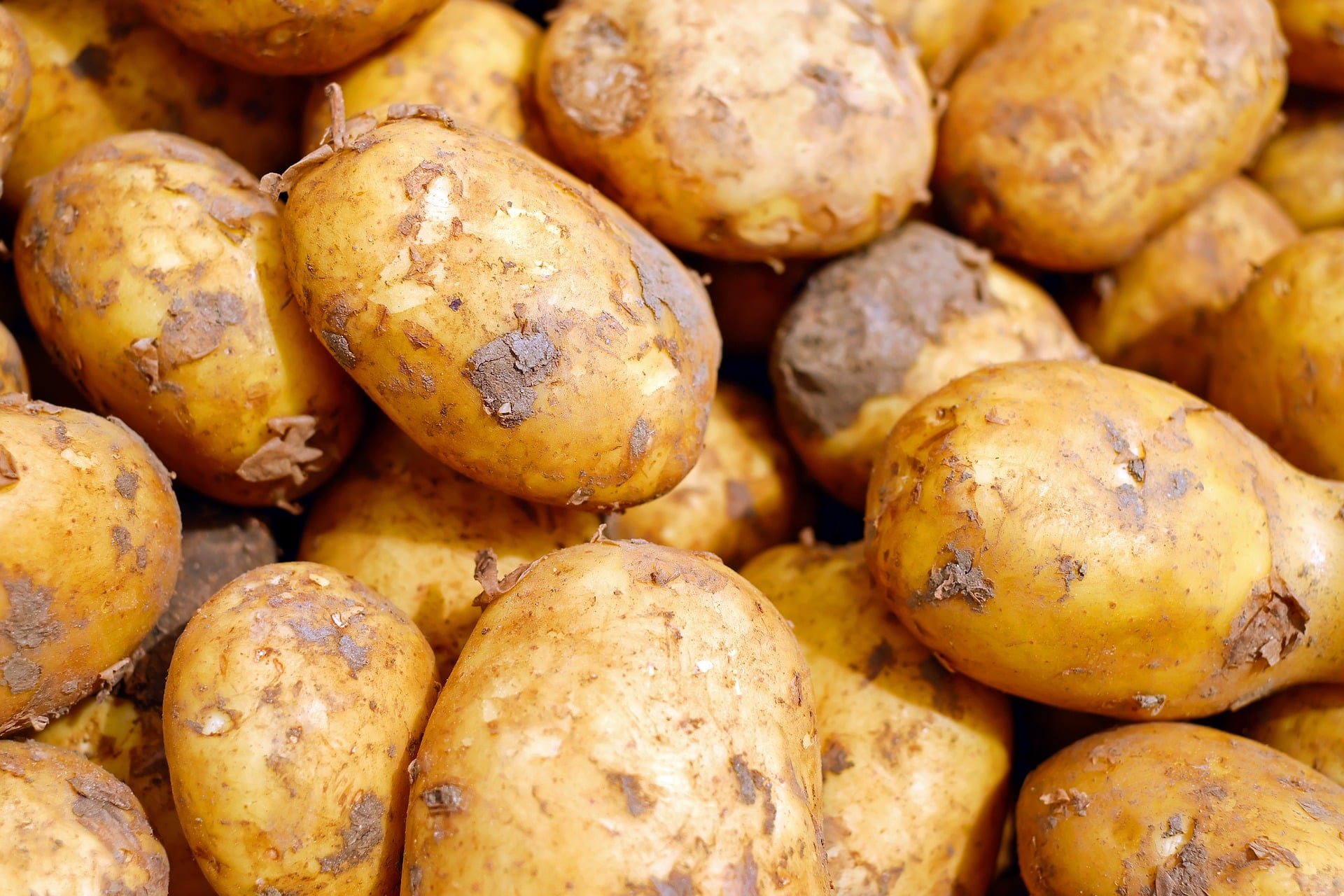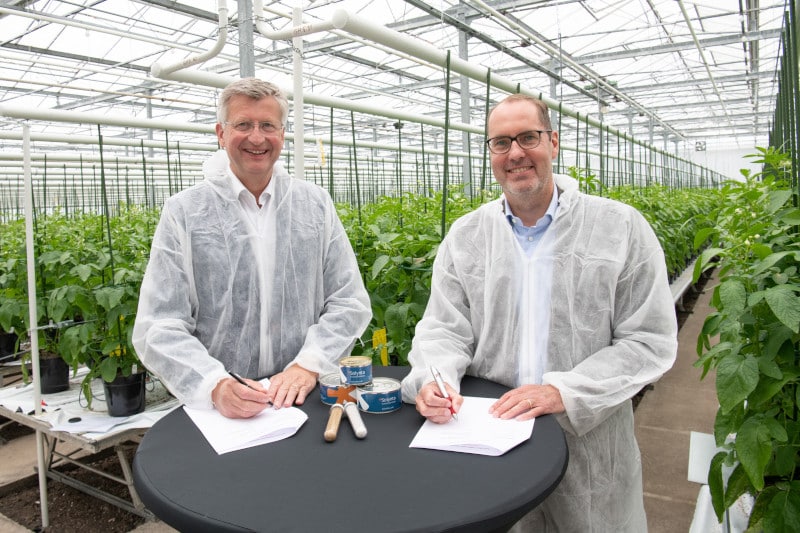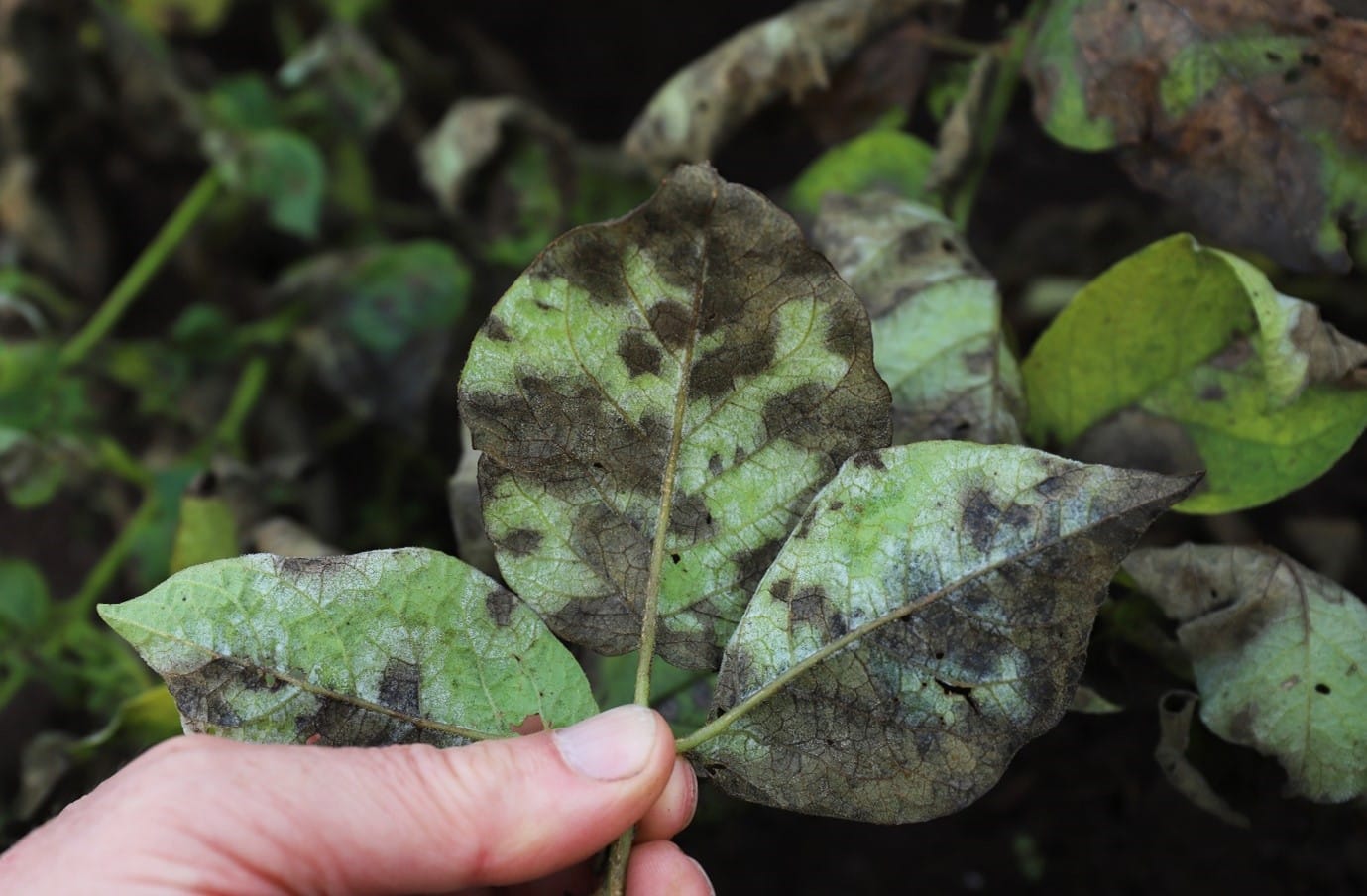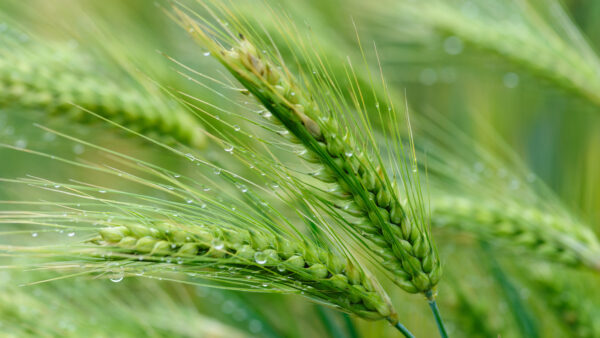Researchers at the Sainsbury Laboratory, Norwich, have created PiperPlus 1.0, a late blight resistant Maris Piper potato.
Genetic technology has benefited the environment, economy and health with advancements, such as disease resistance that allows plants to fight disease without requiring pesticides.
Professor Jonathan Jones and his team from the Sainsbury Laboratory successfully developed PiperPlus 1.0, a late blight resistant potato set to commercialize once the UK installs workable regulation for crops enhanced through genetic modification (GM).
While fungicide formulations and spray regimes are effective, protecting crops with genetics is more sustainable and less expensive. This method requires fewer tractor journeys, reducing CO2 emissions, shared a release from the Sainsbury Laboratory.
“Chemical control methods work, but at a cost,” said Agnieszka Witek, lead scientist on the PiperPlus project.
PiperPlus 1.0 not only thrives without weekly fungicide sprays, but also possesses qualities that will result in less food waste during production and is resistant to tuber blight, believe researchers.
How Does PiperPlus 1.0 Create Blight Resistance?
Solanum Americanum, a wild relative of potatoes, is blight resistant. Scientists isolated Solanum resistance genes and shifted three of them to the Maris Piper potato, transferring the full late blight resistance, resulting in the development of the PiperPlus project.
PiperPlus 1.0 contains tuber quality traits that make it easier to store potatoes without reducing product quality. Simplot, a project collaborator, supplied technology to silence specific genes that bring on cold-induced sweetening and tuber bruising.
“Reducing the amount of some sugars formed during cold storage means that the tubers will form less acrylamide during high temperature cooking (such as frying or roasting). This will allow farmers to store potato tubers at low temperatures which prevents sprouting whilst maintaining high tuber quality,” explained the release.
The lower tendency of the potatoes to bruise results in fewer tubers discarded and more available for consumption.
“The main benefit of this technology is an environmental one,” said Jonathan Jones. “You have less fungicides in the environment, less tractors compacting soil and burning diesel to release carbon dioxide. And because of improved tuber quality, you have much less food waste.”
Despite their findings, researchers found late blight was not their only obstacle.
Potato Virus Y (PVY)
“PiperPlus 1.0 is already an excellent product with many beneficial traits, but late blight is not the only threat to UK agriculture,” said Agnieszka. “During our field trial in Cambridge, almost all our potatoes became infected with Potato Virus Y (PVY), which presented us with a new challenge. The idea for PVY-resistant PiperPlus 2.0 was born, and the BBSRC generously granted us funding to pursue this project.”
PVY presents a danger to most potato varieties in the UK and is transferred through sap-sucking aphids. The virus can attack potato tubers, increasing the viral load if the crop is a seed potato.
Nearly 75% of UK seed potatoes are produced in Scotland because of the cooler climate that reduces aphid populations, according to the release. PVY resistance would permit seed potatoes to grow in warmer climates, allowing England to produce their own seed potatoes.
A team of researchers isolated a PVY resistance gene in Solanum Stoloniferum, a wild potato relative. The initial PVY and blight resistant PiperPlus 2.0 lines have been sown in a field trial to evaluate their performance.
Can Blight and PVY Resistance Work in Other Varieties?
Researchers plan to transfer blight and PVY resistance to additional potato varieties in the UK, such as Charlotte. The new line will be penned Charlotte Plus.
“Home growers rarely spray their plants with pesticides, which means that a blight and PVY resistant variety of their favorite potato could make a huge difference to them,” said Jonathan. “We know this technology has great implications for industry, but we want the general public to have access to improved varieties as well. I think it’s important that they are given that option.”
The team is also interested in improving the Hermes variety with Hermes Plus 1.0, which would result in late blight resistance and improved tuber qualities. A Hermes Plus 2.0 with PVY resistance will come to fruiting in the future as well.
“We’ve been able to integrate so many excellent qualities within the Maris Piper that could greatly benefit our environment and our people.” says Agnieszka, “Developing an even better Maris Piper, Charlotte and Hermes potato for the UK is something we would love to be able to achieve.”
Read More About Potatoes:
European Potato Acres Rise, Beating Expectations
Are Diploid Varieties the Future of Potatoes?












